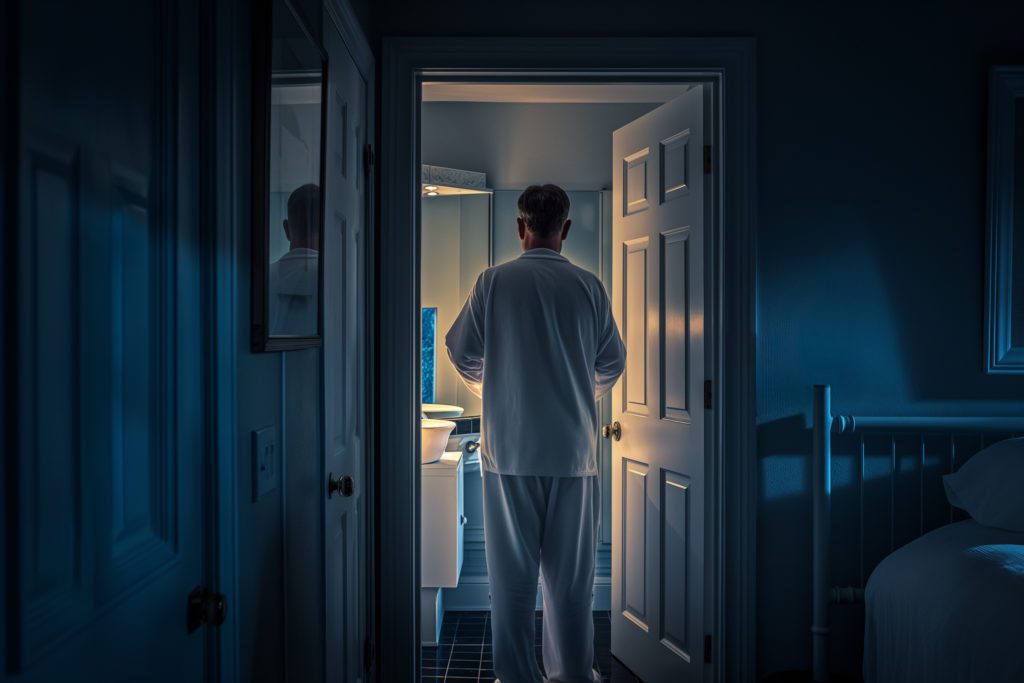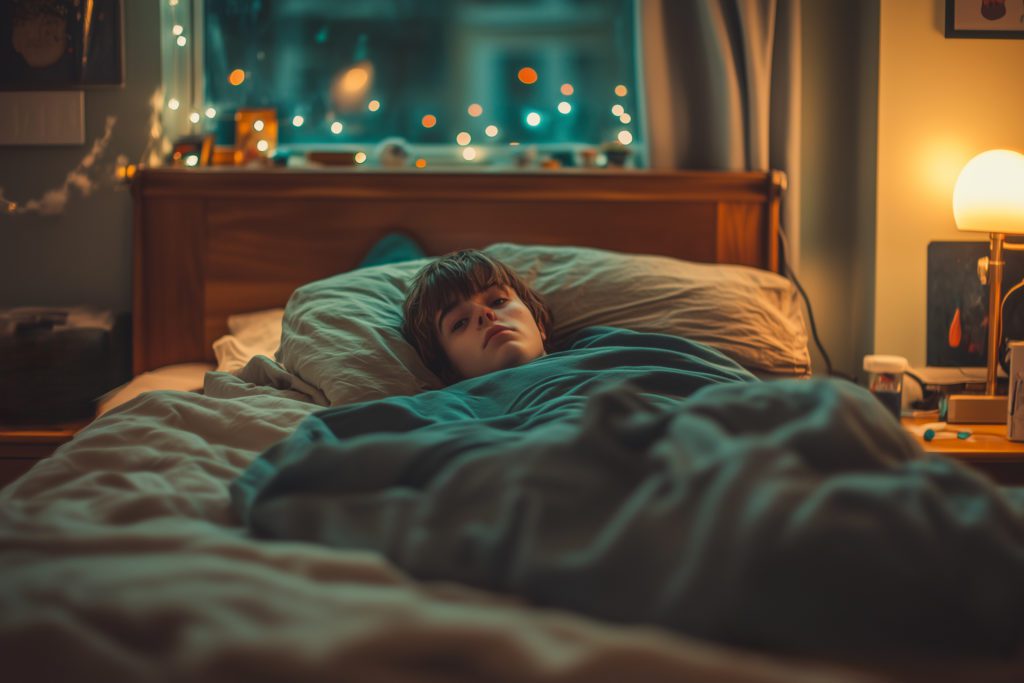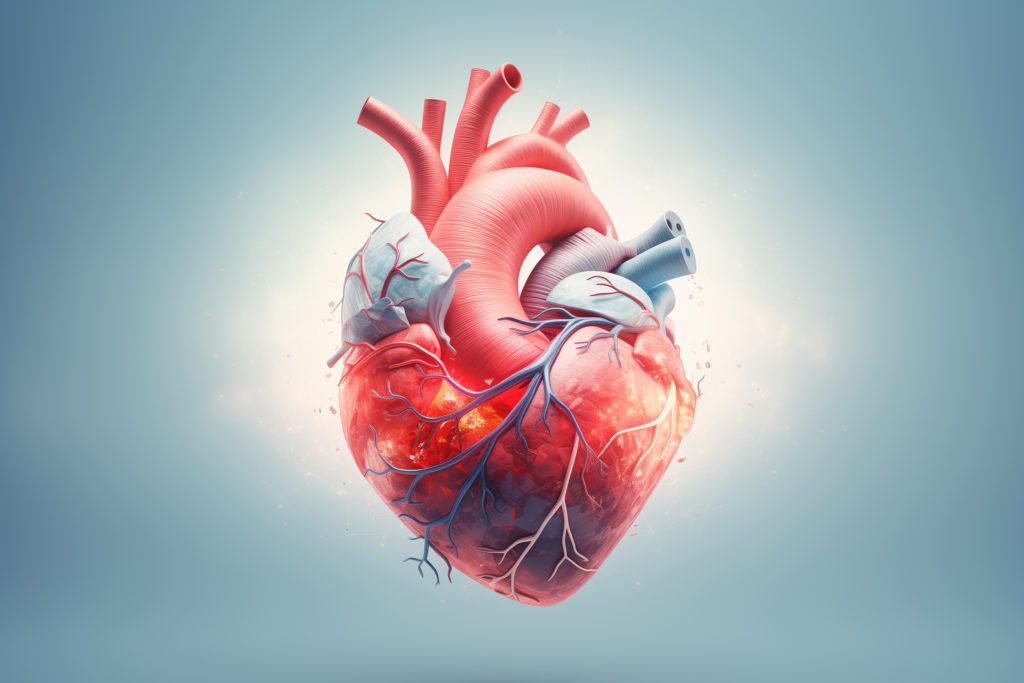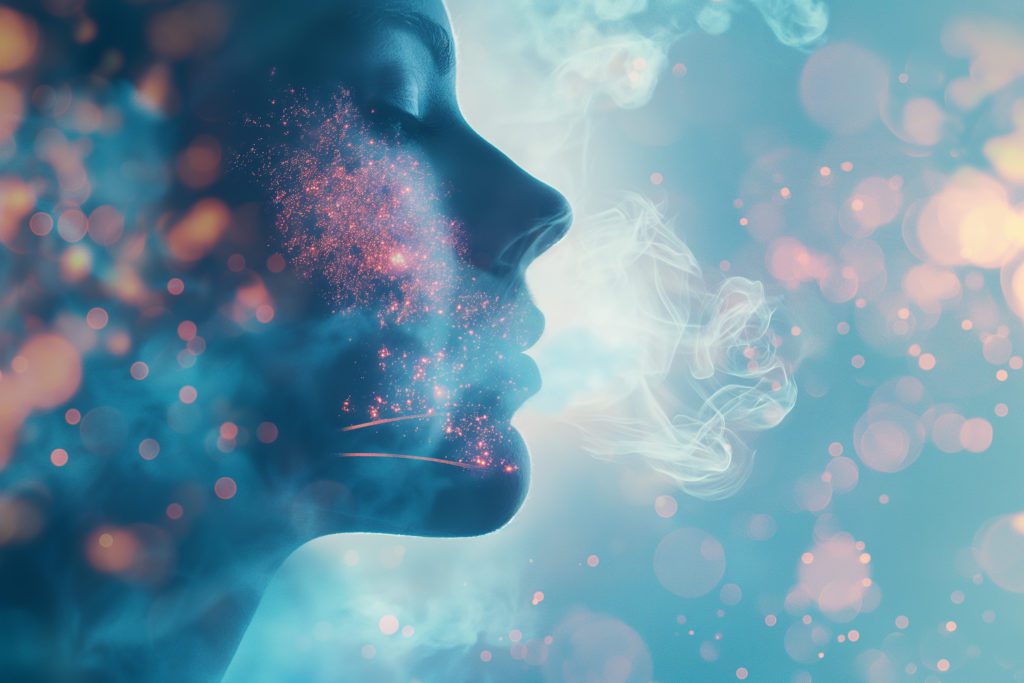
Why You Might Be Experiencing Headaches After Naps
Ever wonder why a quick nap leaves you with a headache instead of refreshed? Learn the common causes and how to prevent post-nap headaches for better rest!

Ever found yourself waking up from a nap, ready to take on the world, only to be greeted by a headache? Then, you're not alone! Napping can feel like a double-edged sword. On one hand, it's supposed to refresh you, but on the other, sometimes it leaves you rubbing your temples in confusion. If you've ever wondered why this happens, you're in the right place.
While naps are generally great for recharging your energy, they can sometimes lead to discomfort, especially headaches. So, why do these post-nap headaches happen? Is it something you're doing wrong? Or is your body just messing with you? Don't worry. Understanding the reasons behind headaches after naps can help you avoid them and enjoy the full benefits of your rest.
Let's discuss why headaches after naps happen and how you can fix them!
The Basics of Napping
Why Do We Nap?
We nap for all sorts of reasons: to recharge after a rough night's sleep, to boost our productivity, or sometimes just because it's Sunday afternoon and the couch looks especially inviting. Naps can be a fantastic way to restore energy and enhance your mood. In fact, research shows that a quick nap can improve memory, cognitive performance, and even creativity.
Types of Naps
Ever notice how a 20-minute power nap leaves you feeling refreshed, but a longer nap makes you feel groggy? That's because of the different stages of sleep. A short nap (10–20 minutes) helps boost alertness without dipping into deep sleep, while a longer nap (over 30 minutes) can lead to sleep inertia—the grogginess that follows when you wake up in the middle of a deep sleep cycle. And guess what? Sleep inertia is one of the potential culprits behind headaches after naps.
Common Causes of Headaches After Naps
Sleep Inertia
When you nap for too long, you might drift into the deeper stages of sleep. Waking up during these stages can leave you disoriented and, unfortunately, with a headache.
When you wake up from a deep sleep, your brain is still in recovery mode, trying to transition back to wakefulness. During this transition, the blood flow and oxygen levels to your brain can change, triggering headaches.
Dehydration
Another sneaky cause of headaches after naps is dehydration. Think about it: if you're not drinking enough water throughout the day, taking a nap might exacerbate the problem.
Your body, especially your brain, needs sufficient hydration to function properly. When you're dehydrated, the lack of fluid can cause your brain to temporarily shrink, pulling away from the skull, which leads to—you guessed it—headaches. So, if you wake up from a nap with a throbbing head, it might be time to chug some water.
Irregular Sleep Patterns
Your body thrives on routine, and sleep is no different. If you're taking naps at random times or napping for too long, you could be throwing off your body's natural rhythms. This inconsistency can result in headaches.
Underlying Health Issues
Sometimes, post-nap headaches could be a sign of something more serious. Conditions like sleep apnea, high blood pressure, or migraines might be lurking in the background. If you find that you frequently wake up with headaches after naps, it might be worth consulting with a healthcare professional to rule out any underlying issues.
How to Prevent Headaches After Naps?
Now that we've explored the causes of headaches after naps, let's talk about how to prevent them. After all, naps should leave you feeling refreshed, not worse off than before. Here are a few strategies to help you avoid those post-nap headaches.
Timing Your Nap
One of the easiest ways to avoid headaches after naps is by timing them properly. The ideal nap length is between 10 to 20 minutes. A nap of this length helps you recharge without dipping into the deeper stages of sleep, where sleep inertia can wreak havoc.
Think of it as a power nap—it's short, sweet, and leaves you feeling energized without the risk of waking up groggy and confused. If you go beyond 30 minutes, you run the risk of entering deep sleep, which, as we mentioned, is a common culprit behind headaches after naps.
If you need a longer nap, try to aim for a full 90-minute sleep cycle, which allows your body to go through all the stages of sleep, including deep sleep and REM sleep. This way, you wake up naturally, reducing the chances of sleep inertia and those dreaded headaches.
Stay Hydrated
Dehydration is an often overlooked cause of headaches, and it's especially true after naps. Make it a habit to drink water before and after your nap to prevent dehydration. A glass of water can do wonders in keeping headaches at bay.
Create a Comfortable Sleep Environment
If you want to prevent headaches after naps, make sure your napping space is comfortable. That means minimizing distractions—dim the lights, close the curtains, and try to nap in a quiet, cool room.
Comfort isn't just about falling asleep easily; it's about staying asleep peacefully. The more restful your nap, the less likely you are to wake up with a headache.
Stress Management
If stress is causing you headaches after naps, consider incorporating some relaxation techniques before you hit the pillow. Deep breathing exercises, meditation, or even a quick walk outside can help reduce stress levels. By calming your mind before a nap, you can avoid waking up with tension headaches.
So, what's the takeaway?
Naps are great for recharging, but they can sometimes leave you with an unpleasant headache. Whether it's due to sleep inertia, dehydration, stress, or an uncomfortable environment, there are many reasons why you might be experiencing headaches after naps. The good news is that with a few adjustments—like timing your nap, staying hydrated, and managing your stress—you can enjoy the benefits of napping without the unwanted side effects.
FAQ
Why do naps sometimes leave me feeling worse instead of better?
If your nap disrupts your sleep cycles or is taken in an uncomfortable environment, it can leave you feeling groggy, disoriented, or even with a headache. Fine-tuning your nap habits can help.
Can noise during my nap trigger headaches?
Yes, intermittent or sudden noises while napping can disturb your sleep quality and increase the likelihood of waking up with a headache. Using earplugs or a white noise machine can help create a quieter environment.
Are certain sleep positions more likely to cause headaches after naps?
Yes, sleeping in a position that strains your neck or compresses nerves can trigger tension headaches. Using supportive pillows and maintaining a neutral neck position can help.
Could using the wrong pillow cause headaches after naps?
Absolutely. A pillow that's too high, too flat, or not supportive enough can put your neck in an awkward position, leading to tension headaches. Choosing an ergonomic or memory foam pillow might make a difference.
Is it normal to feel disoriented after a nap?
Feeling disoriented is common if you wake up during deep sleep. This sensation, known as sleep inertia, can sometimes be accompanied by a headache. Keeping naps short (10-20 minutes) can help you avoid this.
Can hormonal cycles impact post-nap headaches?
Yes, hormonal fluctuations, such as those during menstruation or menopause, can make you more prone to headaches after napping. Tracking your cycle may help you identify patterns.

Written by
Dr Aqsa
As a Medical Doctor, Dr Aqsa, uses her knowledge to craft complex medical information that is understandable to the general public. For years, she has tried to improve health literacy and empower readers with valuable health knowledge through her articles, blog posts, and educational materials.
Download Pillow
Get help
Press & News
Legal
Connect
X (Twitter)
Company
Copyright © Neybox Digital Ltd.



